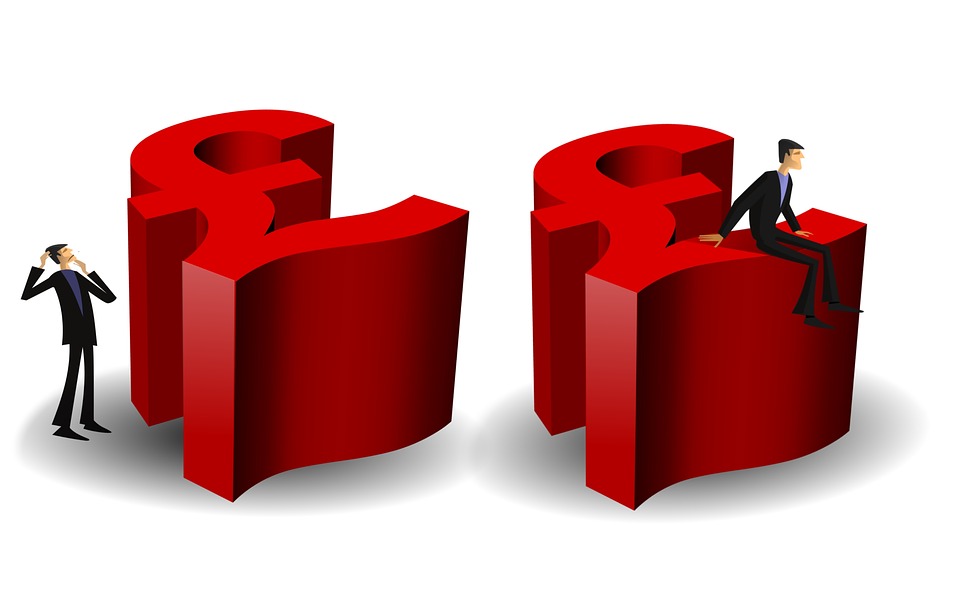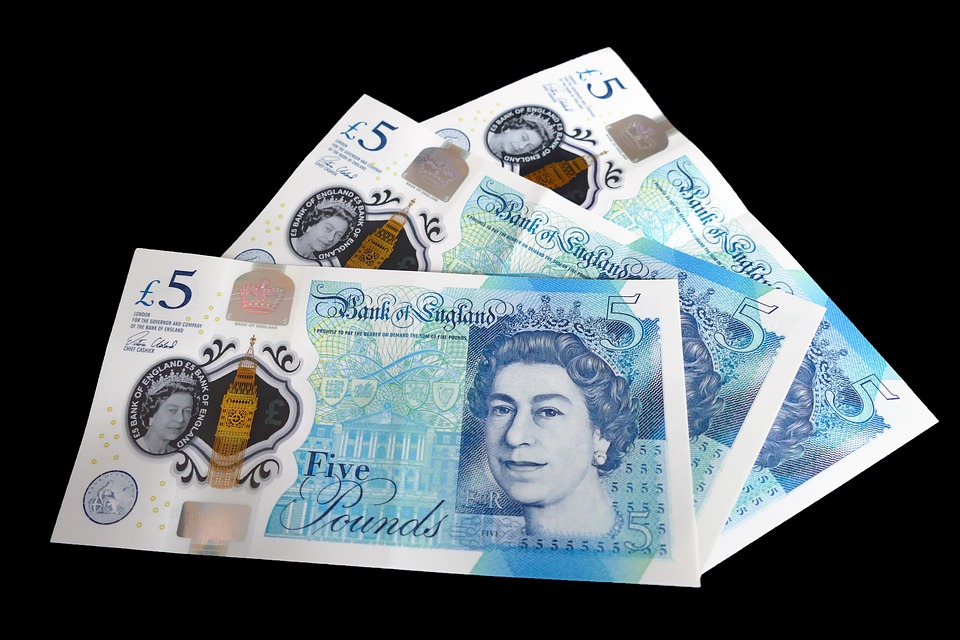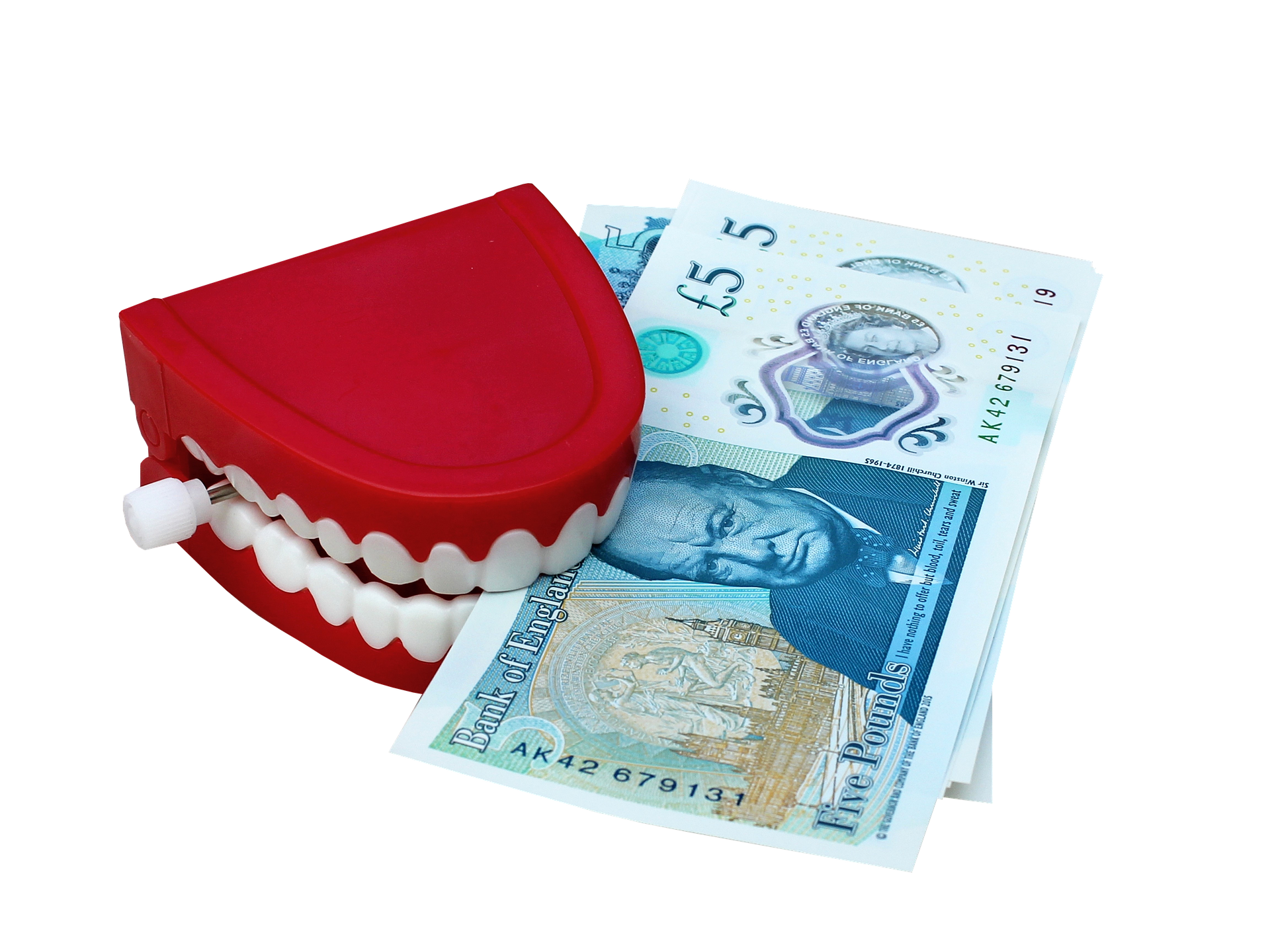The UK economy looks likely to avoid a double-dip recession thanks to a better-than-predicted performance in November 2020, according to the EY Item Club.
The economy contracted just 2.6 per cent in November, despite the impact of a month-long England-wide lockdown and other restrictions across the UK.
As a result, it is expected the economy will have had a flat performance in the final quarter of 2020.
Although Covid-19 restrictions are expected to cause a three to four per cent contraction in the first quarter of 2021, the absence of a contraction in Q4 2020 means the UK could avoid its first double-dip recession since the 1970s, EY said.
EY estimated the UK economy shrank by a record 10.1 per cent in 2020 – an improvement on its December forecast of an 11.6 per cent contraction.
Howard Archer, chief economic advisor to the EY Item Club, said the UK economy had demonstrated resilience, and the impact of recent lockdowns had been nowhere near what it was last April.
To find out more about how we can assist you with your Second Charge Mortgage please click here
“Over the course of 2020, the economy has become quicker to adapt to new Covid-19 restrictions and while new restrictions may still cause disruption, lessons learned from previous lockdowns are rapidly put into place,” he said.
Archer said the prospect for recovery looked bright, adding: “The combination of vaccines, a UK-EU trade deal and previous lockdown experience means there’s much less uncertainty out there. Excluding the first quarter, the UK is looking at two years of strong growth.”
Unemployment to peak
EY’s Item Club said unemployment was likely to peak at seven per cent in mid-2021, before falling towards the end of the year.
Archer continued: “Seven per cent unemployment is high compared to recent years, but it’s not on the same scale as what was seen during the 1980s and it’s much lower than what was forecast at the outset of the pandemic.
“Government programmes, such as the furlough scheme, have helped keep job losses down so far. A lower unemployment peak means less long-term scarring for the economy.”
Elsewhere business investment is expected to improve in 2021 and then accelerate in 2022 as confidence is lifted by a firmer and more settled business environment.
EY forecasted business investment to expect 14.2 per cent in 2022 following a 1.8 per cent increased in 2021.
By Hannah Godfrey
Source: City AM
Discover our Mortgage Broker services.



